The intricate web of factors contributing to poverty in the Philippines, from historical legacies to modern-day challenges. Addressing these root causes is key to paving the way towards a more equitable society.

Beneath the Surface
The Philippines holds a complex narrative beneath its surface—the story of poverty. Despite its potential for economic growth and development, poverty continues to afflict a significant portion of its population.
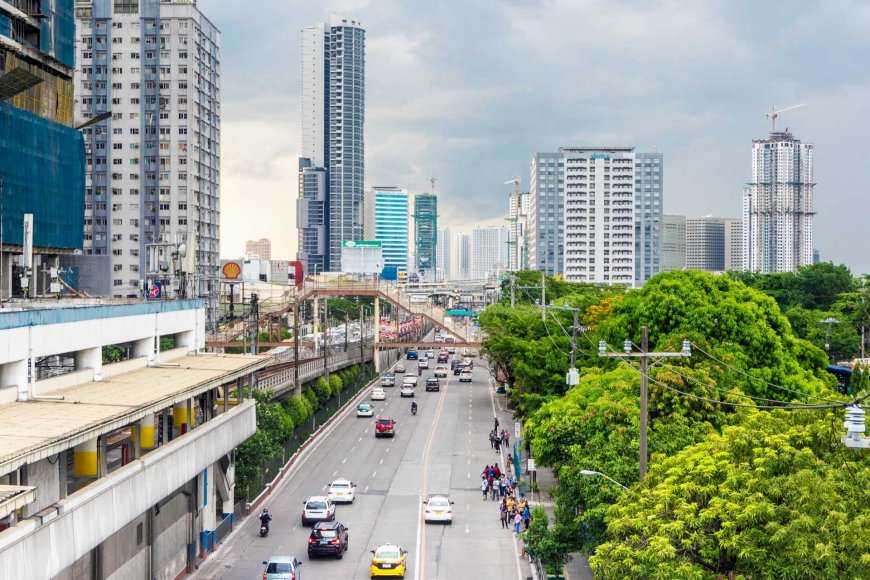
Colonial Legacies and Economic Exploitation
Colonialism has continued to persist in the Philippines, shaping its socio-economic landscape for centuries. Spanish colonization introduced exploitative systems such as encomienda and hacienda, which entrenched inequality and perpetuated poverty among the indigenous population. The subsequent American occupation further cemented this disparity through policies favoring elite landowners and foreign investors, exacerbating rural poverty and landlessness.

Inequality and Unequal Distribution of Wealth
One of the glaring issues exacerbating poverty in the Philippines is the stark inequality in wealth distribution. The concentration of economic resources in the hands of a privileged few has widened the gap between the rich and the poor. Oligarchs control key industries, limiting opportunities for small-scale entrepreneurs and perpetuating a cycle of poverty for marginalized communities.
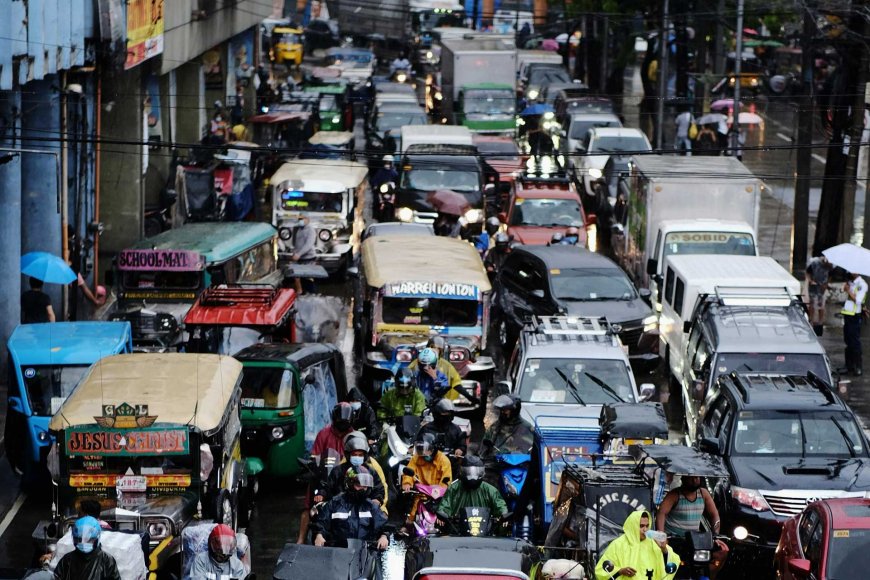
Lack of Access to Quality Education
Education is often hailed as the great equalizer, yet millions of Filipinos are denied this fundamental right. Limited access to quality education, especially in remote rural areas, deprives individuals of the skills and knowledge needed to break free from the chains of poverty. Moreover, the prevalence of child labor further impedes educational attainment, trapping children in a cycle of poverty from a young age.
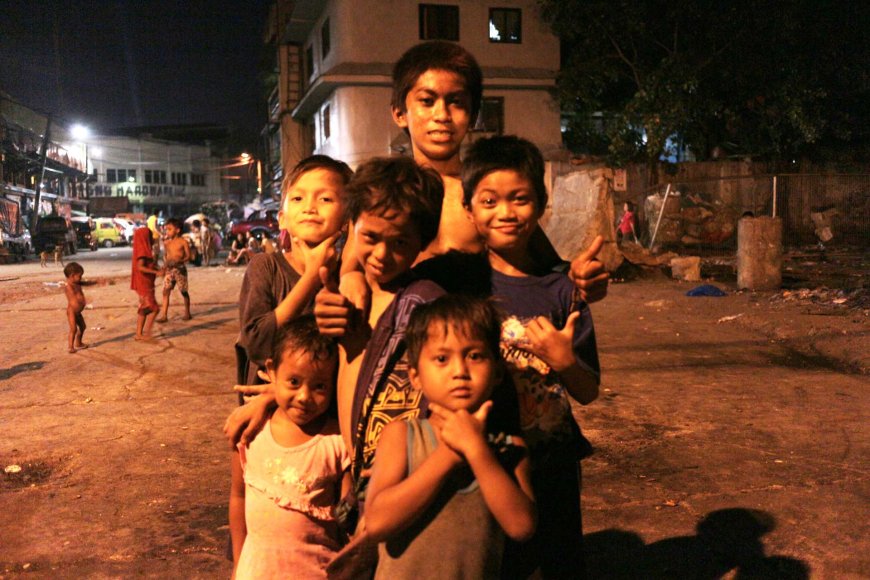
Persistent Unemployment and Underemployment
Despite sustained economic growth in recent years, the Philippines grapples with high rates of unemployment and underemployment. A mismatch between the skills demanded by the labor market and those possessed by the workforce perpetuates this cycle of joblessness. Informal employment proliferates, offering low wages and minimal job security, further entrenching poverty among vulnerable populations.
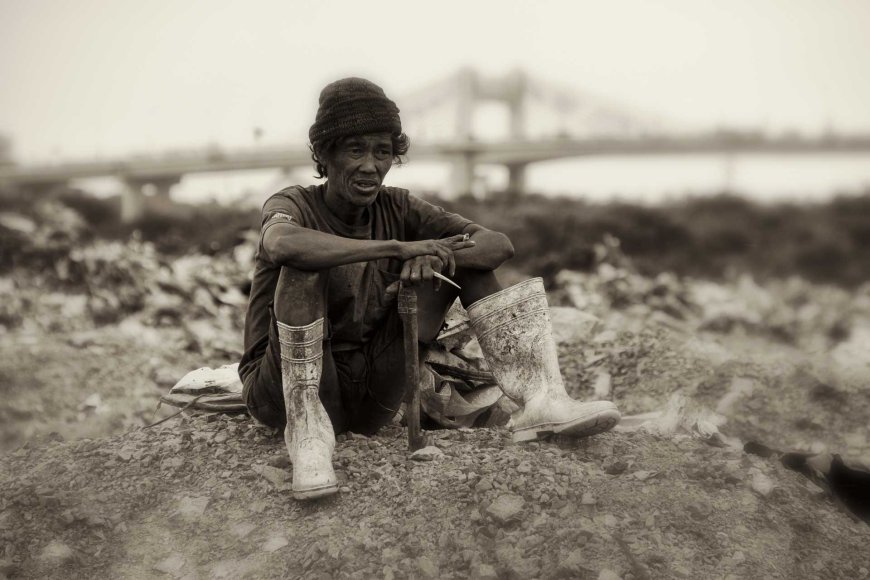
Rural Poverty and Landlessness
Agriculture has long been the backbone of the Philippine economy, yet many rural communities remain trapped in poverty due to landlessness and lack of access to resources. Land reform efforts have been marred by inefficiency and corruption, leaving millions of farmers landless and vulnerable to exploitation by powerful landlords. The absence of comprehensive agrarian reform perpetuates rural poverty and inhibits agricultural productivity.
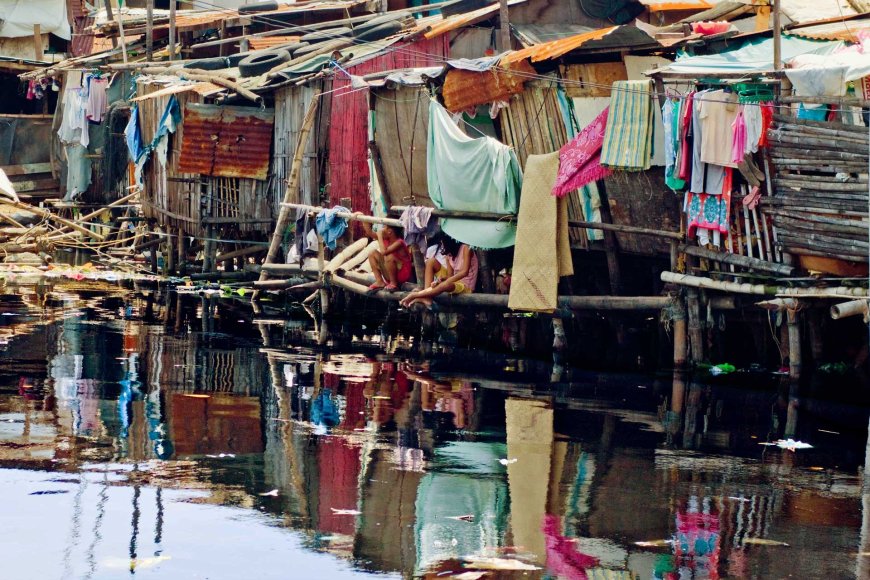
Environmental Degradation and Climate Vulnerability
The Philippines is no stranger to natural disasters, yet the impact of climate change exacerbates the vulnerability of impoverished communities. Deforestation, unsustainable fishing practices, and unchecked urbanization contribute to environmental degradation, further compromising the livelihoods of the poor. Vulnerable coastal communities are particularly susceptible to the devastating effects of typhoons and rising sea levels, amplifying the cycle of poverty.
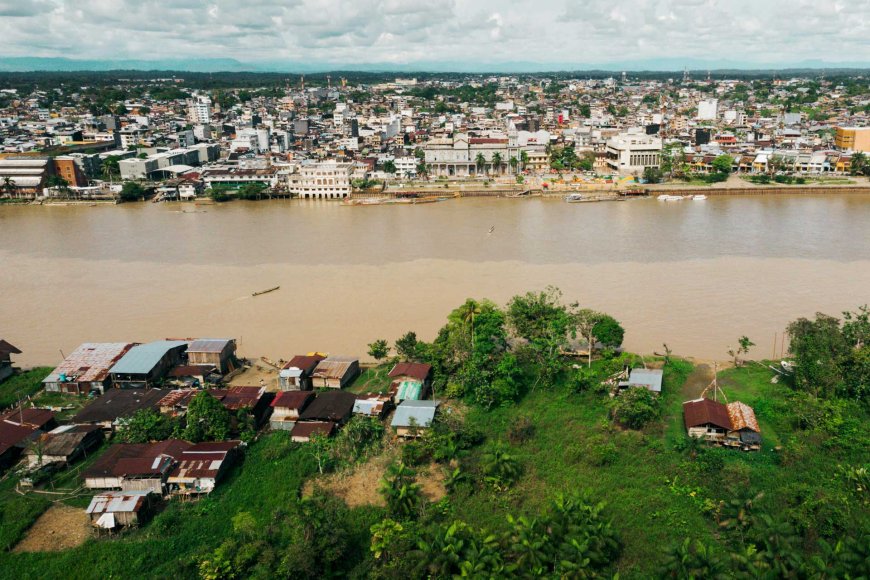
A Call for Comprehensive Solutions
The state of poverty in the Philippines is a multifaceted issue rooted in historical injustices, systemic inequalities, and socio-economic vulnerabilities. Addressing its underlying causes requires a comprehensive approach that prioritizes equitable economic growth, access to education and healthcare, agrarian reform, and environmental sustainability. Only through concerted efforts and inclusive policies can the Philippines aspire towards a future where poverty is relegated to the annals of history.
https://www.nipino.com/poverty-in-the-philippines-understanding-its-root-causes

No comments:
Post a Comment